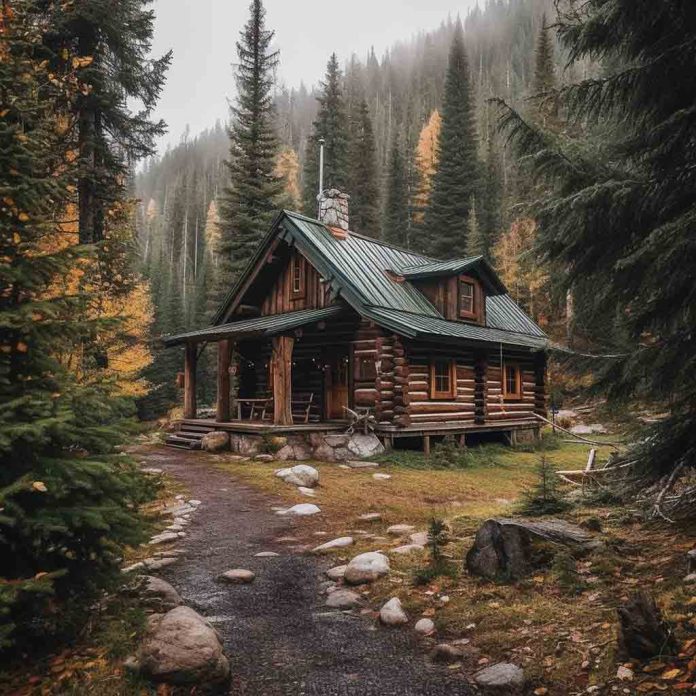Why do people go off-grid? Exploring the Motivations Behind Going Off-Grid
The decision to go off-grid, disconnecting from public utilities and embracing a self-sufficient lifestyle, is driven by a variety of factors.
It represents a conscious choice to prioritize independence, sustainability, and a desire for a simpler, more intentional way of living.
In this article, we will delve into some of the primary motivations that lead people to embark on the off-grid journey, shedding light on the underlying reasons behind this alternative lifestyle.
Environmental Consciousness
One of the key motivations for going off-grid is a deep commitment to environmental stewardship.
Off-gridders seek to reduce their ecological footprint by minimizing reliance on fossil fuels and embracing renewable energy sources.
By generating clean energy, practicing sustainable living, and reducing waste, individuals can live in harmony with nature and contribute to a healthier planet.
Energy Independence
The pursuit of energy independence is another significant driver for going off-grid.
Rising energy costs, concerns about the reliability of centralized power grids, and a desire for greater control over energy consumption push individuals to generate their own power.
By harnessing renewable energy sources such as solar panels or wind turbines, off-gridders gain autonomy, reduce dependence on external energy sources, and achieve long-term cost savings.
Desire for Self-Sufficiency
The desire for self-sufficiency and the ability to meet one’s basic needs independently is a compelling motivation for going off-grid.
Off-gridders embrace a lifestyle that enables them to produce their own food through gardening, raise livestock, and source water through alternative means.
This self-sufficiency fosters resilience, reduces reliance on external systems, and provides a sense of empowerment and self-reliance.
Simplifying Life
Many individuals choose to go off-grid in pursuit of a simpler, less materialistic way of life.
They seek to break free from the consumer-driven culture and embrace a minimalist lifestyle.
By reducing reliance on modern conveniences, off-gridders aim to focus on experiences, relationships, and personal fulfillment rather than material possessions.
They prioritize quality of life over quantity, finding contentment in living with less.
Desire for Privacy and Freedom
Off-grid living offers individuals a greater sense of privacy and freedom.
By residing in remote locations or secluded properties, off-gridders can enjoy a peaceful and tranquil environment away from the hustle and bustle of urban life.
This privacy allows for a closer connection with nature, a stronger sense of security, and the freedom to live life on one’s own terms.
Escape from Societal Pressures
Some individuals choose to go off-grid as a means of escaping societal pressures and expectations.
They seek refuge from the demands of modern society, disenchanted with the fast-paced, consumer-driven culture.
Off-gridders often value simplicity, authenticity, and a slower pace of life, finding solace and fulfillment in living in harmony with nature and their own values.
The motivations behind going off-grid are as diverse as the individuals who embark on this lifestyle.
Whether driven by environmental consciousness, a desire for energy independence, self-sufficiency, simplicity, privacy, or a yearning to escape societal pressures, off-gridders are united by a shared commitment to independence, sustainability, and a more intentional way of living.
By disconnecting from public utilities and embracing self-sufficiency, they forge their path towards a more fulfilling, environmentally conscious, and personally rewarding lifestyle.

